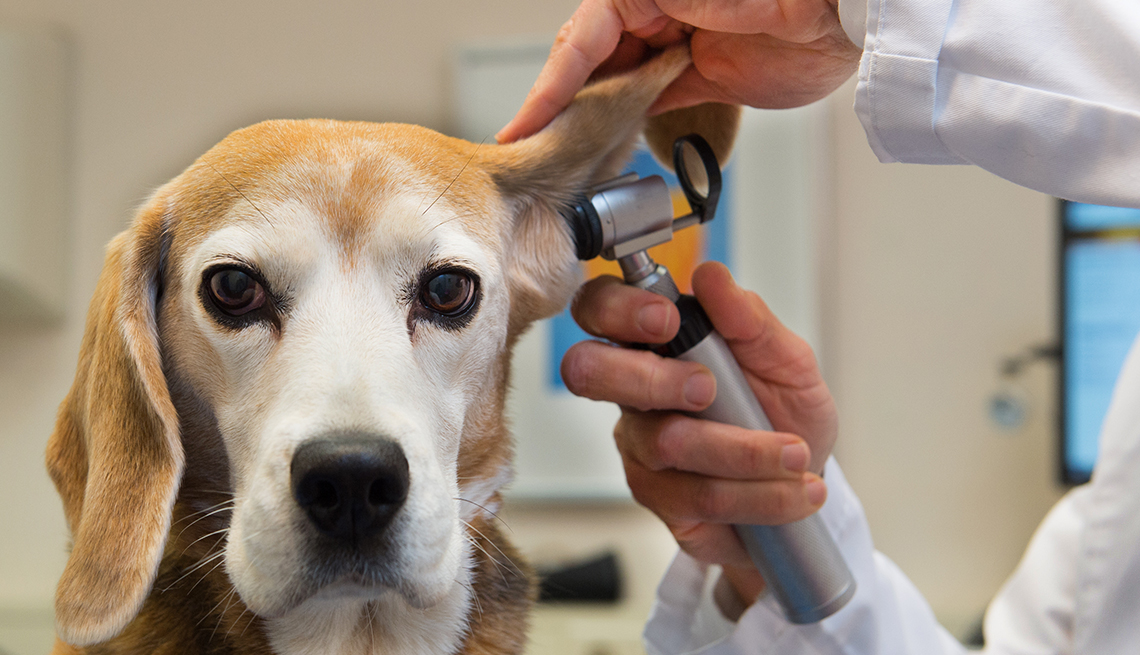
- Select a language for the TTS:
- UK English Female
- UK English Male
- US English Female
- US English Male
- Australian Female
- Australian Male
- Language selected: (auto detect) - EN
Play all audios:
Most people know that when they get a dog or cat, a big part of the pet's expense will be routine veterinary care. On average, pet owners spend $235 per year in recurring medical costs
for a dog and $160 for a cat, according to the ASPCA. But if a pet becomes ill or has an accident, those expenses can skyrocket. What are the costs of owning a pet? Getty Images Advances in
veterinary medicine mean today there are options for pets well beyond simple euthanasia. And these options can come with both ethical and financial dilemmas, particularly if you are also
helping out adult children or aging parents, or are faced with an underfunded retirement. "Diagnostic procedures alone can cost between $1,000 and $2,000," says Baton Rouge, La.,
veterinarian Carrie Schultz, whose business, Housepet Housevet, specializes in house calls. Schultz knows how jarring veterinary expenses can be — her own cat recently racked up $2,000 in
bills after it spent a weekend in intensive care at a small-animal hospital. While issues such as ear infections and skin allergies are rarely life-threatening, they can be unexpected and
expensive. Nationwide insurance company's pet insurance policyholders spent more than $81 million in 2016 to treat the 10 most common medical conditions affecting their pets. If your
cat were yowling in pain from bladder stones, the average cost to have them removed would be $1,846, according to Nationwide. If your dog ruptured the cruciate ligament in its knee, the
average cost to fix it surgically would be $3,289. Orthopedic surgeries to repair a shattered leg can set you back $7,000, and the cost for chronic conditions with regular follow-up visits
can reach tens of thousands of dollars. Roxanne Hawn of Golden, Colo., spent nearly $31,000 in 23 months to save her dog, Lilly. "Probably not the best financial decision I ever
made," she says. Hawn, who wrote _Heart Dog: Surviving the Loss of Your Canine Soul Mate_, says Lilly died less than two years after her health saga began from a rare, severe reaction
to a rabies vaccine, which caused brain and spinal cord inflammation, and other conditions. Hawn's blog, championofmyheart.com, chronicles Lilly's illness as well as the exorbitant
veterinary bills. "I did not have anyone to tell me where this might end up," Hawn says. "When you're in the crisis, it's easy to hand over your credit card and
say, 'Save my dog!' But once you start on a path like this, if it's going to be a lengthy or even lifelong battle, then it becomes harder to stop." Even in situations
that aren't nearly so expensive or complex, deciding what to do can be complicated. "It's not just a financial decision," says Beverly Harzog, author of _The Debt Escape
Plan._ "It's an emotional one as well, and there are many things to consider."







